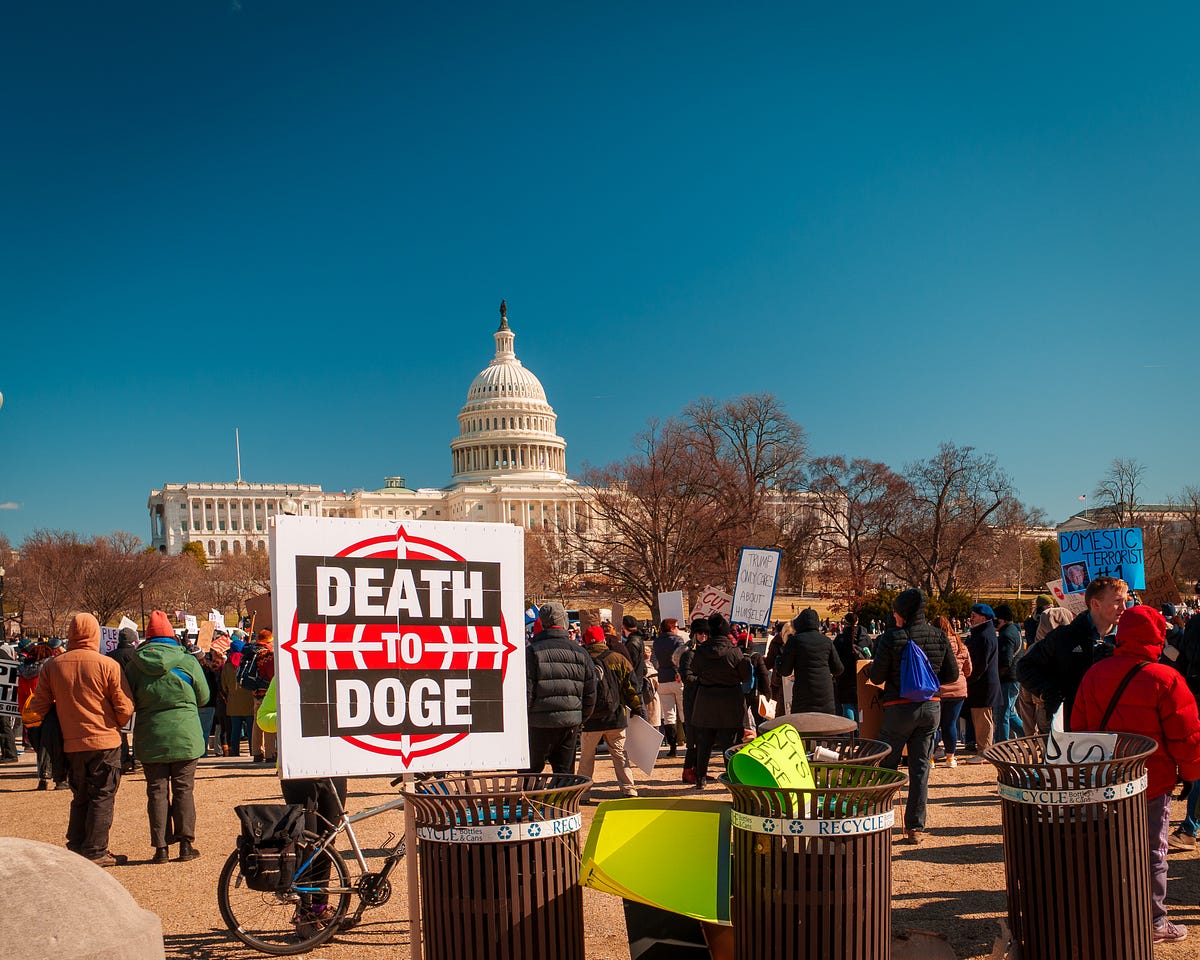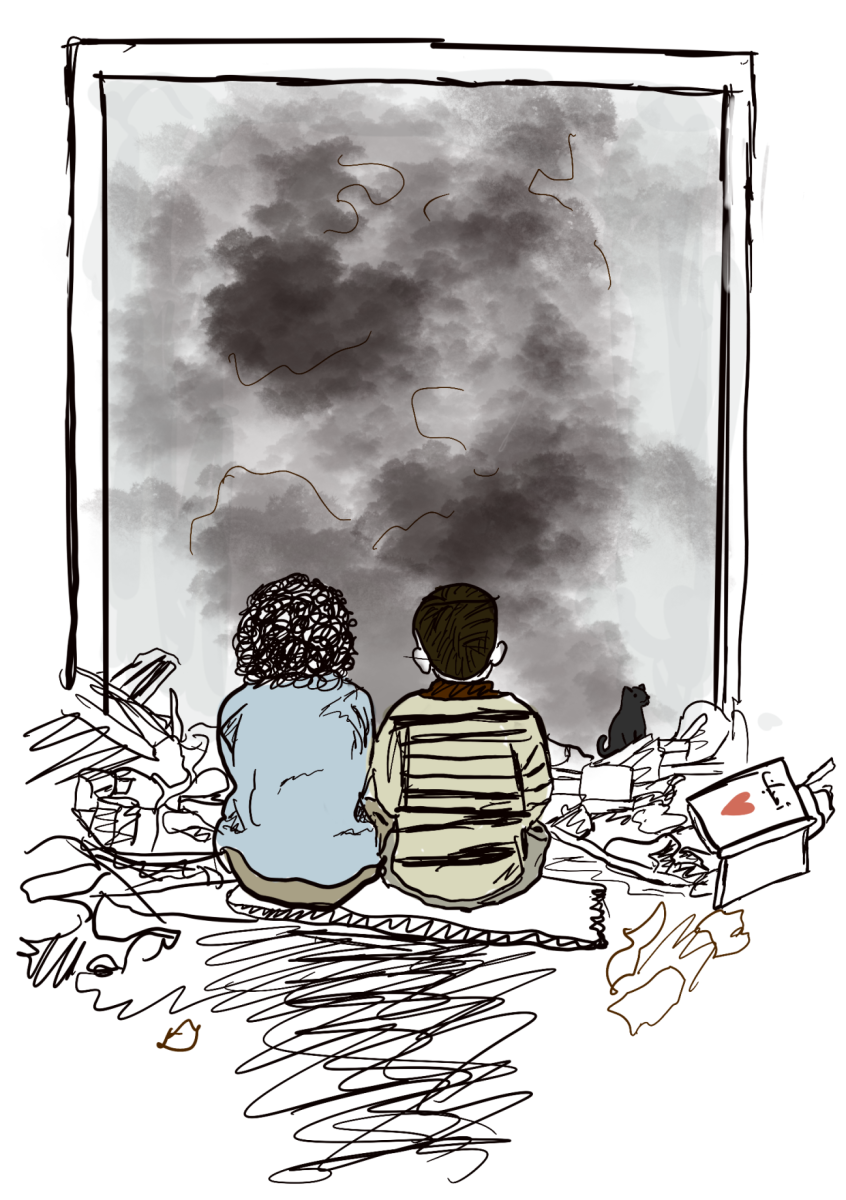With the election just days away, voters are reviewing the upcoming issues on the ballot. Nested beneath the spotlight of the Presidential ticket is the issue of Amendment 2. Though it may not hold the spotlight, the result from Amendment 2 will completely mar the education system across the state, seeping its way into every aspect of the classroom.
Amendment 2 will show on every Kentucky ballot and will present as the following:
“To give parents choices in educational opportunities for their children, are you in favor of enabling the General Assembly to provide financial support for the education costs of students in kindergarten through 12th grade who are outside the system of common (public) schools by amending the Constitution of Kentucky as stated below?
“IT IS PROPOSED THAT A NEW SECTION BE ADDED TO THE CONSTITUTION OF KENTUCKY TO READ AS FOLLOWS:
“The General Assembly may provide financial support for the education of students outside the system of common schools. The General Assembly may exercise this authority by law, Sections 59, 60, 171, 183, 184, 186, and 189 of this Constitution notwithstanding.
The proposal in this language gives little practical background on the issue and intentionally removes the context surrounding this legislature. Here is the full breakdown of the amendment and its impact, ranging from the school boards to the lesson plans.
Amendment 2 | The Issue:
“The movement is based on free market principles of choice and competition,” Keith Davis said.
Davis has a long history with Kentucky schools having served 23 years as an administrator in BCPS, with the final 11 years as Superintendent of Schools. After retiring from the county, Davis worked as an associate professor at the University of Louisville for 3 years before moving into the role of a consultant for an educational organization.
“One strand of this is charter schools, which are independently governed by their own board, but overseen by some organization. There have been some highly successful charter schools, such as the Knowledge Is Power Program (KIPP) and Uncommon Schools, and some that have become mired in scandal and mediocrity. Another strand is the provision of vouchers that parents can use to send their children to private schools. Essentially, the state provides some amount of money to the parents to use as they see fit to educate their children,” Davis said.
In effect, Amendment 2 aims to change the way that public & taxpayer funds are used. If passed, Amendment 2 will allow private & charter schools to tap into the already strained pot of public funds available, with the General Assembly as the mediator.
“If legislators do not agree with teaching methodology, curriculum, discipline policy, or any other aspect of the public schools, it is well within their portfolio to make changes. Such changes would have an impact on far more students than allowing a small additional number of students to choose other options,”
“By voting yes on Amendment 2, you are agreeing to remove certain restrictions in our current Constitution and leave it to the legislature to do what they wish once the restrictions are lifted. There are actually seven sections that would be changed (59, 60, 171, 183, 184, 186, and 189),”
The first two prohibit the making of laws targeting specific areas of the state, meaning the General Assembly can’t make a law that pertains only to Bullitt County, or any other single or set of counties; the law must apply equally to all citizens in every area of the state. The third (171) specifies taxes may be collected to be used only for public purposes. As you know, Section 183 established Common (Public) schools. Sections 184 and 186 say that all tax funds raised for educational purposes will be used for the public schools, and Section 189 states that no funds raised or allocated for education shall be used to support any religiously affiliated school,” Davis said.
Previously, these sections have served in tandem to prevent the implementation of numerous laws passed by the General Assembly, including a voucher system that would allow that could be redeemed at private or religious schools. But with these restrictions removed, the control comes out of the hands of both the schools and their parents and is given to the general assembly.
Davis shows that the fallout from this shift would manifest in 2 primary ways:
“In a best case scenario, it would lead to less funding for our public schools because a great many dollars will be redirected toward people who already do not use the public schools for their private school tuition. The amount could be substantial, but it is impossible to know for sure. As it stands now, the current private schools don’t have the capacity to accept a large number of additional students and in most of the state outside large cities, there are very few private schools. This means most students will stay where they are but with fewer resources,” Davis said.
In a worse case, schools unaccountable to the taxpaying public will be started with philosophies and curricula with which most Kentuckians would disagree (i.e., White Supremacy, Radical Islamic, Black Separatist), and the common experience that holds our society together will begin to unravel as children are raised in a bubble and never experience anyone with different beliefs or perspectives. The voucher amount will not pay tuition at, for example, Trinity, St. X, or CAL, so most students still couldn’t go there even if there were seats available,” Davis said.
The children of the most wealthy families abandon public schools and leave those schools with a higher concentration of students with behavior issues, apathy, or severe academic learning problems (recalling that private schools do not have to admit any students that don’t fit). This would not be good for these types of students (who would lose many of their role models or student leaders), nor for the average student who just couldn’t afford to leave or who didn’t want to leave,”
At best, the pie doesn’t get bigger, only divided into smaller and smaller unsatisfying pieces. At worst, schools could see a collapse of the student body and the spawn of a cultural divide that stretches beyond the classroom as the lines of empathy & decorum blur into obscurity.
The Fallout | BCPS:
One of the biggest misnomers is that voting yes on Amendment 2 primarily serves to give parents a voice in their child’s education or that it is leveling the debate of public vs. private schools by pitting them against each other. In reality, all Amendment 2 serves to do is rob public educators of jobs and remove essential opportunities from students.
“If the amendment were to pass, it would allow the legislature to use tax dollars to subsidize private schools, parochial schools, charter schools, schools that are outside of the public school system, that traditionally has not been eligible to receive tax money,”
“All of those schools are held to a different standard than public schools are. They don’t have to take the same assessments. They don’t have to stand up to the scrutiny of the public as our public education system does. And so, if this amendment were to pass, then the legislature could fund those schools and still not require them to adhere to the same policies and standards that public schools do,” Dr. Jesse Bacon said.
Dr. Bacon has been the current superintendent of Bullitt County for the past 7 years. Previously he was the Principal of Simons Middle School in Fleming County and served as an Associate & Interim Principal in Fleming and Montgomery Counties.
Dr. Bacon projects that the aftershock of this amendment will force a significant cut in the county budget and force “a major streamlining” of the curricula that BCPS can offer its students.
“From our district in and of itself, we can stand to lose about 18% of our total budget, which is about $18 million. We project anywhere from 150 to 200 [job] cuts based on the funding available to us. $18 million is a huge number to make up, and salaries and benefits are our number one expense.
“Right now, we’re trying to expand programming. We’re trying to expand opportunities for students. I think that we have an obligation to make sure that our students are well-rounded, If this were to pass and we see a huge budget reduction, then we’re going to have to take a look at what are the absolute essentials that we have to offer, and then what are those things that are to create well-rounded students that we get to offer, and those things may have to be pulled from the table,” Bacon said.
But the cuts don’t stop there: high schools in Bullitt County just received new sports facilities and football stadiums, with Bullitt East in particular currently seeing a massive campus expansion with the addition of a new performing arts facility. (With similar additions expected to be brought to both Central’s & North’s Campuses) Bacon foresees that projects like these will become scarce in the future and, in the wake of this legislature, may jeopardize the allocation of these vital pillars through the rest of the county.
In the Room | Culture Clash:
“I just don’t understand how private institutions are getting public funds if they’re not going to serve the public,” Leo Craven III said.
Craven is an English teacher and pathway advisor at Bullitt East, having taught for nearly 15 years prior, with 11 of them spent at Bullitt East. As an advisor to the Education Rising chapter at Bullitt East, Craven works with students to prepare them for roles as future educators. Covering topics from lesson plan development, to creating an effective class atmosphere and developing the student experience.
“There is a certain culture of what it is to be a teacher and what we have to handle. This isn’t about my experience, because Bullitt East is a great school, and I have great experiences; I enjoy my day, but I know people who work in other counties who talk about how terrible the conditions can be. I’m not talking about physical conditions. I’m talking about the culture and the climate and the respect and the behavior. So how do we invest in that, what does invest mean in this context?”
“I just worry that we will continue to see the experience and the product fall. What’s the tipping point? At what point will it get so bad that there’s no coming back?” Craven said.





